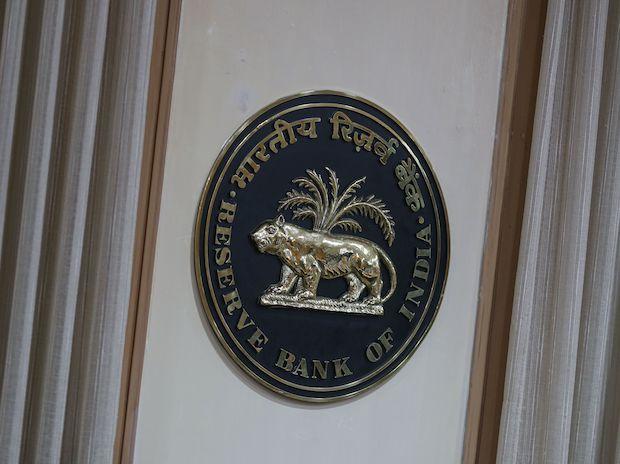Big bang privatisation of public sector banks can do more harm than good, an RBI article has warned asking the government to take a nuanced approach on the issue.
While private sector banks (PVBs) are more efficient in profit maximisation, their public sector counterparts have done better in promoting financial inclusion, the article in the latest RBI Bulletin said.
“Privatisation is not a new concept, and its pros and cons are well known. From the conventional perspective that privatisation is a panacea for all ills, the economic thinking has come a long way to acknowledge that a more nuanced approach is required while pursuing it,” it said.
The gradual approach to privatisation adopted by the government can ensure that a void is not created in fulfilling the social objective of financial inclusion and monetary transmission, it said.
Quoting various studies, it said, PSBs (Public Sector Banks) have played a key role in catalysing financial investments in low-carbon industries, thereby promoting green transition in countries such as Brazil, China, Germany, Japan, and in the European Union.
Evidence suggests that public sector banks are not entirely guided by the profit maximisation goal alone and have integrated the desirable financial inclusion goals in their objective function unlike private sector banks, it said.
“Our results also point out the countercyclical role of PSB lending. In the recent years, these banks have also gained greater market confidence. Despite the criticism of weak balance sheets, data suggests that they weathered the Covid-19 pandemic shock remarkably well,” it said.
Recent mega merger of PSBs has resulted in consolidation of the sector, creating stronger and more robust and competitive banks.
In 2020, the government merged 10 nationalised banks into four large lenders, thereby bringing down the number of PSBs to 12. There were 27 state-run lenders in 2017.
United Bank of India and Oriental Bank of Commerce was merged with Punjab National Bank; Syndicate Bank was amalgamated with Canara Bank; Allahabad Bank was amalgamated with Indian Bank; and Andhra Bank and Corporation Bank was consolidated with Union Bank of India.
In a first three-way merger, Dena Bank and Vijaya Bank were merged with Bank of Baroda in 2019.
Prior to this, the government had merged five associate banks of SBI and Bharatiya Mahila Bank with the State Bank of India.
With regard to cleaning of Non-Performing Assets (NPAs), it said, establishment of National Asset Reconstruction Company Limited (NARCL) will help in cleaning up the legacy burden of bad loans from their balance sheets.
The recently constituted National Bank for financing infrastructure and development (NABFiD) will provide an alternate channel of infrastructure funding, thus reducing the asset liability mismatch concerns of PSBs.
Overall, it said, these reforms are likely to help strengthen the PSBs further.
Against the backdrop of these findings, a big bang approach of privatisation of these banks may do more harm than good. The government has already announced its intention to privatise two banks.
The central bank said the views expressed in the article are of the author and do not represent that of Reserve Bank of India (RBI).
(Only the headline and picture of this report may have been reworked by the Business Standard staff; the rest of the content is auto-generated from a syndicated feed.)
 Dear Reader,
Dear Reader,
Business Standard has always strived hard to provide up-to-date information and commentary on developments that are of interest to you and have wider political and economic implications for the country and the world. Your encouragement and constant feedback on how to improve our offering have only made our resolve and commitment to these ideals stronger. Even during these difficult times arising out of Covid-19, we continue to remain committed to keeping you informed and updated with credible news, authoritative views and incisive commentary on topical issues of relevance.
We, however, have a request.
As we battle the economic impact of the pandemic, we need your support even more, so that we can continue to offer you more quality content. Our subscription model has seen an encouraging response from many of you, who have subscribed to our online content. More subscription to our online content can only help us achieve the goals of offering you even better and more relevant content. We believe in free, fair and credible journalism. Your support through more subscriptions can help us practise the journalism to which we are committed.
Support quality journalism and subscribe to Business Standard.
Digital Editor



 Dear Reader,
Dear Reader,

GIPHY App Key not set. Please check settings